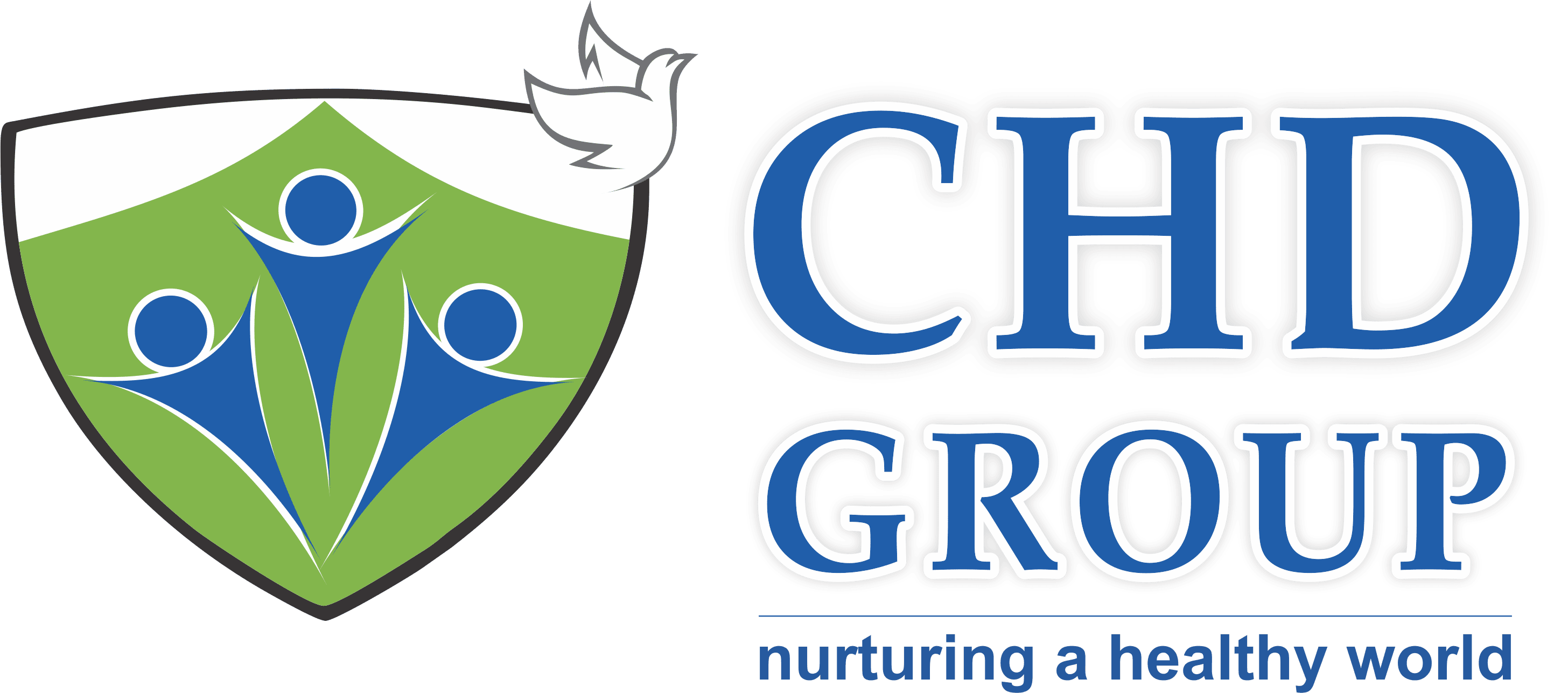At present, the world is facing the biggest challenge of the century. Amid these unquiet and restless situations, one after another uncertainty is pitching on the ground. Sometimes it may be beyond the capacity of our planet to support mankind. With such a wide range of transitions, it has become the paramount importance for all the people to be united and lend the hand of cooperation and unity to get over this situation. To fight against any of the seen or unseen enemies, it is always inevitable to have a full proof policy of strategy and take care of each of the points that can be a cause to sink a ship.
In 2017, almost 1.6 million people died from diarrhoea all over the world, among which one third were children under five years of age. For our acknowledgement, it can be stated that diarrhoea has become the third leading cause of child mortality globally after pneumonia and preterm birth complications. According to World Health Organization, diarrhoeal diseases are more common in developing countries where there is a lack of safe drinking water and basic sanitation facilities, poor hygiene practices, higher prevalence of malnutrition and overall lower health status.
Bangladesh being a developing country, is facing a lot of challenges in the health sector in recent times than ever. On one hand, the wave of COVID 19 is prevailing while huge episodes of rainfall and flood are adding up the calamity. We all know these enteric diseases are mostly waterborne illness as well. And such a wet and watery environment can play a significant role in the outbreak of diarrhoeal diseases.
Nevertheless, the Bangladesh government has made enormous effort to ensure health for all the citizens of the country and enough budget has been allocated to carry out the projects. But to meet the success in this mission and achieve the sustainable development goal; strong strategy must be adapted at all sectoral levels.
As we can understand, the current situation is very much suitable to develop the enteric diseases, therefore, during this emergency period, we have to take steps in different stages:
Rapid action after disease onset:
- To fight against the enteric disease, there can be small satellite clinics in the village level community with refill strength in the rural areas and in the ward level in the urban establishments especially near the slum areas.
- These satellite clinics must have adequate storage of Oral Rehydration Solution and supplemental zinc and potassium.
- They also must contain the diarrhoeal bed for the patient in case of emergency patients to confirm the safe drainage of the faeces as mixing of faeces with food is one of the prime reasons for diarrhoea. And this situation is very commonly found in the villages and in the slums in the cities.
Community activity for disease prevention:
- Capacity building initiatives at a community level to prepare the oral rehydration solution (ORS) to prevent diarrhoea induced dehydration can be initiated.
- Other home solutions which can help with the dehydration during diarrhoea like; rice water, salted yoghurt drinks or soups can be introduced to the people.
- Mothers should be taught to continue breastfeeding to the babies during diarrhoea as it has a dramatic effect on immunity and growth continuity.
- There must be the option of Rapid Diagnostic Test (RDTs) for ‘Cholera’ to diagnose the presence of Cholera in the patient within a few hours to undertake more specific treatment and save a life before it is too late.
.
The eventual consequence of diarrhoea is dehydration. This dehydration is highly dangerous and can result in death if left untreated in children, older adult and those with the weaker immune system. With a pandemic like COVID-19, diarrhoeal diseases hold the potential to paralyze community driven initiatives and developmental narratives. Factoring in policy gaps in this direction will go a long way in achieving the 2030 agenda.
About the Author: Dr. Syeda Zerin Imam is a public health professional from Bangladesh.
Disclaimer: Views expressed are the authors own. CHD Group takes no liability on behalf or for the contents expressed.
